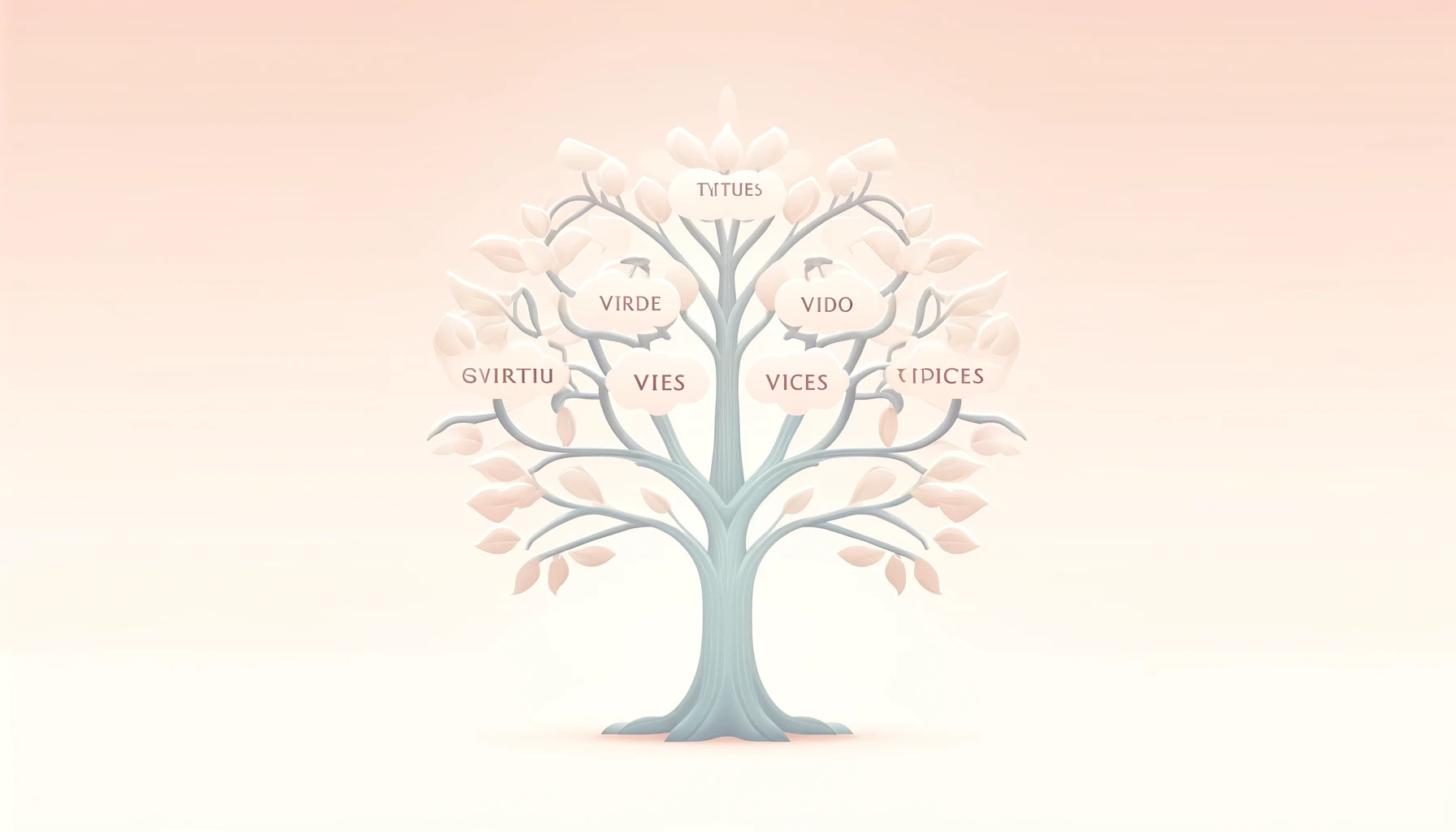In the quest for inner peace, one must understand the delicate balance between our internal nature and external behaviour. Param Gurudev Shree Namramuni emphasises that true harmony comes when our inner sentiments align seamlessly with our outward actions. This alignment is the foundation for a peaceful and balanced life, where mindfulness and self-awareness play crucial roles.
Understanding Internal and External Behavior

Our existence encompasses two intertwined aspects: our internal nature and our external behaviour. While we may inwardly harbour feelings like anger or resentment towards someone, we often exhibit contrasting behaviours, greeting them with a smile despite our authentic emotions. This discrepancy between our inner state and outer expressions creates disharmony and turmoil within us. True inner peace arises when our external actions become a genuine reflection of our internal emotional reality, aligning our feelings and expressed behaviour in a state of congruence and integrity, thus cultivating a profound sense of wholeness and harmony.
The Impact of Artificial Behavior

One of the central themes of Param Gurudev’s discourse is the concept of artificial behaviour. We often wear masks to fit into social norms or to maintain relationships. However, this artificial behaviour, when not in sync with our true feelings, leads to inner conflict. The key to inner peace is to bridge this gap and ensure our behaviour is a true reflection of our inner state. When our actions align with our internal nature, we experience a deeper sense of harmony and authenticity.
Influence of Inner Nature on Actions

Param Gurudev explains that our internal nature significantly influences our external actions. When we feel genuine love and compassion internally, our actions naturally reflect these virtues. Conversely, if our inner nature is tainted with vice or negativity, it will inevitably manifest in our behaviour. Cultivating a pure and positive internal nature is essential for fostering virtuous actions.
Virtue, Vice, and Personal Development

Param Gurudev guides that the discourse delves into the relationship between virtue and vice. Virtuous behaviour arises from a pure and balanced internal nature, while vice stems from a mind cluttered with attachments and desires. To cultivate virtue, one must focus on cleansing the inner self of negative tendencies and fostering positive traits. Param Gurudev emphasises that dispassion and attachment play pivotal roles in personal development. True growth and self-improvement come from practising detachment.
Practising Non-Attachment

Param Gurudev teaches that true growth and self-improvement come from practicing detachment. When we cling to material possessions or relationships, we create dependencies that lead to suffering. By letting go of these attachments, we free ourselves from the chains of desire and move towards a state of dispassion and inner tranquillity. Mindfulness is another crucial aspect of achieving inner peace. Param Gurudev advises viewing life events with the same detachment as we observe our breath. Just as we do not hold on to each breath but let it flow naturally, we should adopt a similar attitude towards life’s experiences.
Achieving Mindfulness
Mindfulness helps us remain grounded and prevents us from becoming overly attached to transient moments. Non-attachment is essential for maintaining inner peace. Param Gurudev illustrates this with the analogy of holding onto things. When we grasp something tightly, it disrupts our balance and peace. Similarly, emotional attachments and rigid beliefs can disturb our inner harmony. By learning to let go, we maintain a state of equilibrium and serenity.
The Root of Suffering: Attachments
Param Gurudev emphasises that attachments are the root cause of suffering. Every pain or discomfort we experience can be traced back to some form of attachment, be it to a person, a belief, or a material possession. By examining our attachments and consciously choosing to release them, we pave the way for a more peaceful and contented existence. The discourse also stresses the importance of self-command and mindfulness in daily life.
Developing Self-Command
Param Gurudev encourages us to develop a strong sense of self-control, where we can command our thoughts and actions rather than being swayed by external influences. This self-command is crucial for navigating life’s challenges without losing our inner peace. Practical examples of detachment are abundant in Param Gurudev’s teachings. He provides scenarios where detachment can be practised, such as in relationships or in dealing with possessions.
Practical Examples of Detachment
For instance, if we can view our relationships with the same detachment as we do our breaths, we can appreciate and nurture them without becoming overly dependent or affected by them. The influence of attachment on our emotional state is profound. Param Gurudev explains that every attachment we hold onto has the potential to disrupt our emotional equilibrium. By practising detachment, we shield ourselves from emotional turbulence and cultivate a stable and serene mind.
Staying Focused on Self-Improvement
Staying detached and focused on self-improvement is paramount for spiritual growth. Param Gurudev advises us to remain vigilant about our attachments and continuously work towards reducing them. This practice not only fosters inner peace but also propels us towards higher states of consciousness. Reflecting on personal experiences, Param Gurudev shares insights on the journey of detachment.
Reflections on Detachment
He illustrates how attachments have caused disturbances in his life and how practicing detachment has brought about significant positive changes. These reflections serve as powerful reminders of the transformative power of detachment. By embracing these principles, we can achieve a state of inner harmony and live a balanced and fulfilling life.
Conclusion
Cultivating inner peace is a journey that requires mindfulness, detachment, and self-awareness. Param Gurudev’s teachings offer profound insights into aligning our inner nature with our external actions, practising non-attachment, and developing self-command. By embracing these principles, we can achieve a state of inner harmony and live a balanced and fulfilling life.




